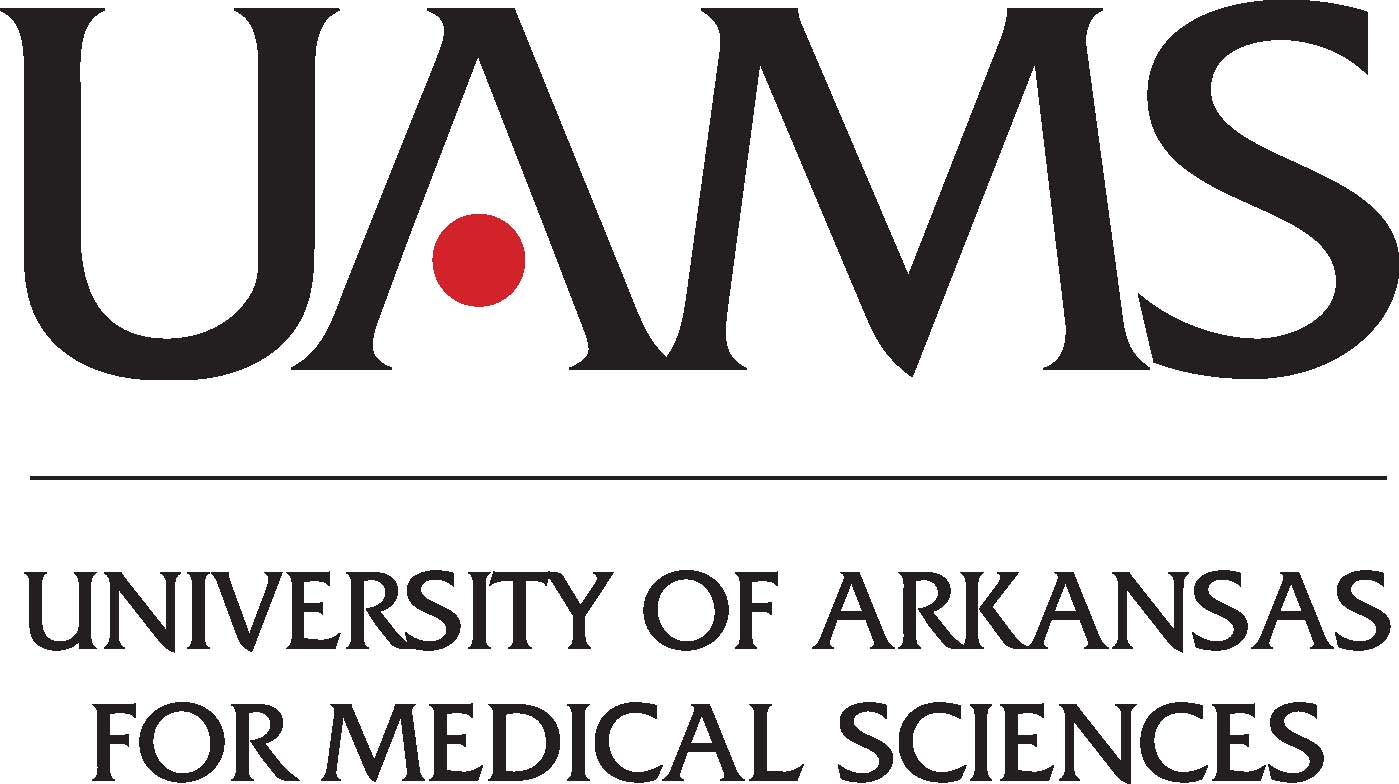Glutamine Challenge as Predictor of Hepatic Encephalopathy After Transjugular Intrahepatic Portosystemic Shunt (TIPS)
| Status: | Terminated |
|---|---|
| Conditions: | Infectious Disease, Neurology, Psychiatric, Gastrointestinal, Gastrointestinal |
| Therapuetic Areas: | Gastroenterology, Immunology / Infectious Diseases, Neurology, Psychiatry / Psychology |
| Healthy: | No |
| Age Range: | 18 - 75 |
| Updated: | 4/21/2016 |
| Start Date: | May 2013 |
| End Date: | February 2017 |
Transjugular intrahepatic portosystemic shunt (TIPS) is the first-line therapy for patients
with cirrhosis and refractory ascites. However, mental changes known as hepatic
encephalopathy (HE) frequently occur after TIPS. There is no effective method to predict HE
after TIPS. Oral glutamine challenge (OGC) and psychometric tests have been used to assess
the risk for HE, but never in patients undergoing TIPS. Severe muscle loss may also
predispose patients to HE. The aim of the present study is to assess if both the OGC and
psychometric tests can accurately predict the development of overt HE after TIPS. Patients
will be studied before TIPS and followed after TIPS for the development of HE. The role of
muscle loss in favoring HE, as well as is possible reversibility after TIPS will also be
investigated.
with cirrhosis and refractory ascites. However, mental changes known as hepatic
encephalopathy (HE) frequently occur after TIPS. There is no effective method to predict HE
after TIPS. Oral glutamine challenge (OGC) and psychometric tests have been used to assess
the risk for HE, but never in patients undergoing TIPS. Severe muscle loss may also
predispose patients to HE. The aim of the present study is to assess if both the OGC and
psychometric tests can accurately predict the development of overt HE after TIPS. Patients
will be studied before TIPS and followed after TIPS for the development of HE. The role of
muscle loss in favoring HE, as well as is possible reversibility after TIPS will also be
investigated.
In cirrhosis, up to 10% of patients develop refractory ascites. TIPS (transjugular
intrahepatic portosystemic shunt) is the first-line therapy for these patients. However, 30%
will go on to develop hepatic encephalopathy (HE) as a consequence of TIPS, and there is no
effective method to predict this outcome. Oral glutamine challenge (OGC) is used to
functionally assess ammonia metabolism, and the severity of porto-systemic
collateralization, and it has been used to predict overt HE. Psychometric tests (i.e.
Psychometric Hepatic Encephalopathy Score [PHES] and inhibitory control test) allow the
identification of covert forms of HE and can also predict overt HE. Severe sarcopenia may
also predispose patients to HE. The aim of the present study is to assess if both the degree
of impairment in ammonia metabolism as estimated with the OGC, and cognitive status as
determined by psychometric tests, can accurately predict the development of overt HE after
TIPS. Patients will be studied before TIPS and followed after TIPS for the development of
overt HE. The role of sarcopenia in favoring HE, as well as is possible reversibility after
TIPS will also be investigated.
intrahepatic portosystemic shunt) is the first-line therapy for these patients. However, 30%
will go on to develop hepatic encephalopathy (HE) as a consequence of TIPS, and there is no
effective method to predict this outcome. Oral glutamine challenge (OGC) is used to
functionally assess ammonia metabolism, and the severity of porto-systemic
collateralization, and it has been used to predict overt HE. Psychometric tests (i.e.
Psychometric Hepatic Encephalopathy Score [PHES] and inhibitory control test) allow the
identification of covert forms of HE and can also predict overt HE. Severe sarcopenia may
also predispose patients to HE. The aim of the present study is to assess if both the degree
of impairment in ammonia metabolism as estimated with the OGC, and cognitive status as
determined by psychometric tests, can accurately predict the development of overt HE after
TIPS. Patients will be studied before TIPS and followed after TIPS for the development of
overt HE. The role of sarcopenia in favoring HE, as well as is possible reversibility after
TIPS will also be investigated.
Inclusion Criteria:
- Cirrhosis (any etiology)
- Refractory ascites or hepatic hydrothorax and plan for TIPS placement
Exclusion Criteria:
- Well-documented overt hepatic encephalopathy, either persistent or at the time of
screening
- Any contraindication for TIPS placement
- Except for coagulopathy and thrombocytopenia (decided on an individual basis)
- Uncontrolled depression/anxiety disorder or use of antipsychotic drugs
- Active use of alcohol or illicit drugs
- History of dementia
- TIPS planned for another indication.
- Active alcoholic liver disease.
We found this trial at
2
sites
529 West Markham Street
Little Rock, Arkansas 72205
Little Rock, Arkansas 72205
(501) 686-7000

University of Arkansas for Medical Sciences The University of Arkansas for Medical Sciences (UAMS) in...
Click here to add this to my saved trials
Click here to add this to my saved trials